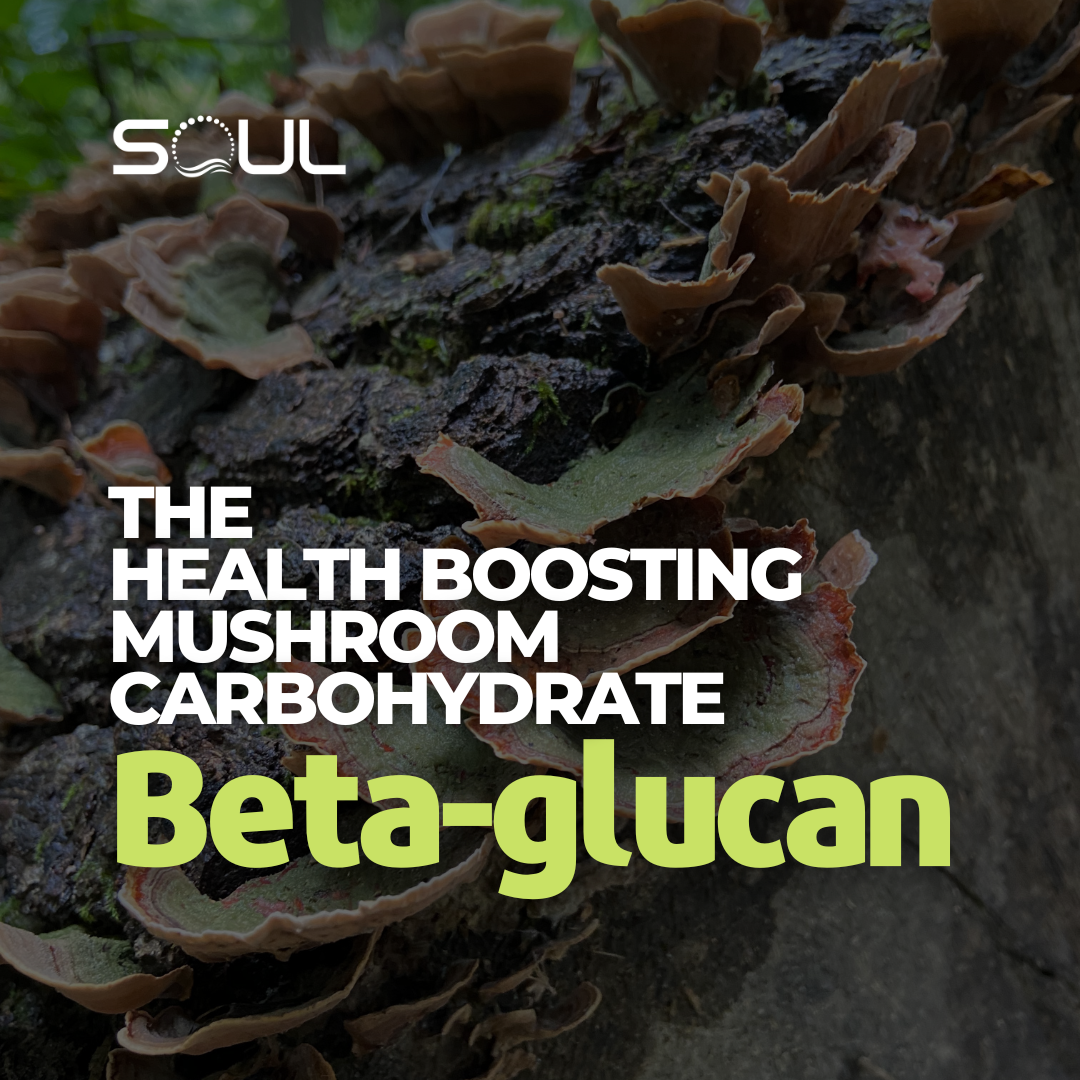
Beta-Glucans: The Immune-Boosting, Cholesterol-Lowering, Antioxidant-Rich Compounds in Your Next Meal
Share
Beta-glucans. The name may sound like something cooked up in a lab, but these fascinating compounds are woven right into the fabric of nature. Found in the cell walls of mushrooms like shiitake, oyster, and maitake, beta-glucans are complex carbohydrates—a network of sugar molecules braided in a way that fuels the body’s immune defenses, shields against heart disease, and even tames the ravages of oxidative stress. But how do these mushroom-sourced molecules accomplish such feats? Let’s dive in.
A Mechanistic Marvel: Beta-Glucans and the Immune System
At their core, beta-glucans are like keys that unlock the body’s immune response. Picture them slipping into the molecular “locks” on the surface of our immune cells—macrophages, natural killer cells, and T-cells. This subtle fit activates these cells, essentially nudging them awake and ready for action. Once stirred, these immune warriors are primed to combat invaders, from common infections to more persistent challenges.
Even more interesting is beta-glucans’ relationship with the body’s complement system. This system, a group of proteins that cooperate to tag and target foreign invaders, relies on a signaling cascade to do its job. When beta-glucans appear, they turn up the volume on this system, stimulating a more synchronized immune attack. Think of it as adding a turbocharger to an engine—the whole system works harder, faster, more precisely.
And here’s where conjecture gets intriguing: could beta-glucans, by activating the immune system in this way, help us maintain an alert defense against not just infections but also other internal threats? Early studies hint that this might be the case, adding another layer of potential to their role in our diet.
Cholesterol’s Downfall: Beta-Glucans and Heart Health
Beta-glucans are more than immune activators; they’re also silent manipulators of cholesterol. Once in the gut, beta-glucans seem to get in the way of cholesterol absorption, binding to it and escorting it out of the body before it even gets a chance to reach the bloodstream. For those at risk of heart disease, this reduction in cholesterol absorption could be a game-changer.
Imagine beta-glucans as invisible gatekeepers in your digestive tract, standing between cholesterol and the bloodstream, blocking its entry like an uninvited guest at an exclusive event. This simple mechanism, repeated daily, may add up to lower cholesterol levels and potentially less reliance on medication.
Battling Free Radicals: Beta-Glucans as Antioxidants
Free radicals are reactive troublemakers, molecules missing an electron that go on a destructive scavenger hunt through your cells and tissues. Antioxidants are our body’s answer to this menace, neutralizing these radicals before they can cause harm. And beta-glucans? It turns out they may be particularly adept at this task.
Beta-glucans can intercept free radicals, neutralizing them before they wreak havoc on cellular DNA and tissues. Mechanistically, it’s plausible that by doing so, beta-glucans slow down the process of aging and mitigate the onset of various age-related diseases. If that sounds grandiose, consider this: many of the world’s longest-living populations consume beta-glucan-rich foods, from mushrooms to grains. Coincidence? Maybe. But the antioxidant hypothesis makes a strong case for beta-glucans as unsung heroes in our diet.
Beta-Glucans: The Mushrooms or the Supplements?
If you’re ready to give beta-glucans a try, the first step could be as simple as adding more mushrooms to your meals. Shiitake, oyster, maitake—these varieties don’t just add flavor but a host of beta-glucan benefits, effortlessly blending wellness with taste. Supplements are an alternative, especially if mushroom textures aren’t your preference, though whole foods are generally thought to deliver a broader array of nutrients.
In the end, beta-glucans are far from a passing trend. These potent compounds are robust allies for immunity, heart health, and cellular protection, ready to amplify your defenses and potentially extend the healthy years of your life. So, the next time you see mushrooms at the market, consider their hidden superpowers. After all, you’re not just buying dinner—you’re investing in a legacy of health.
